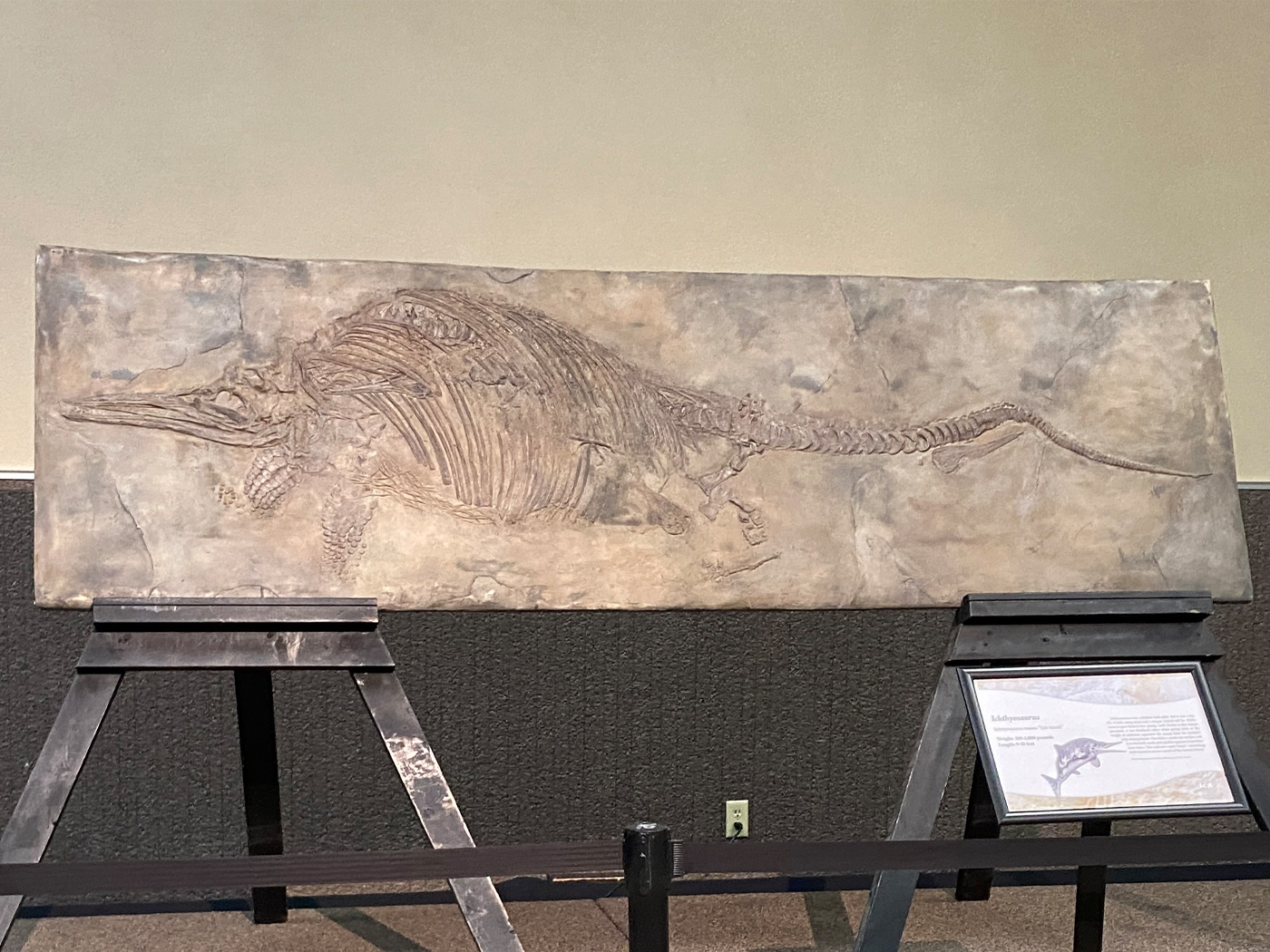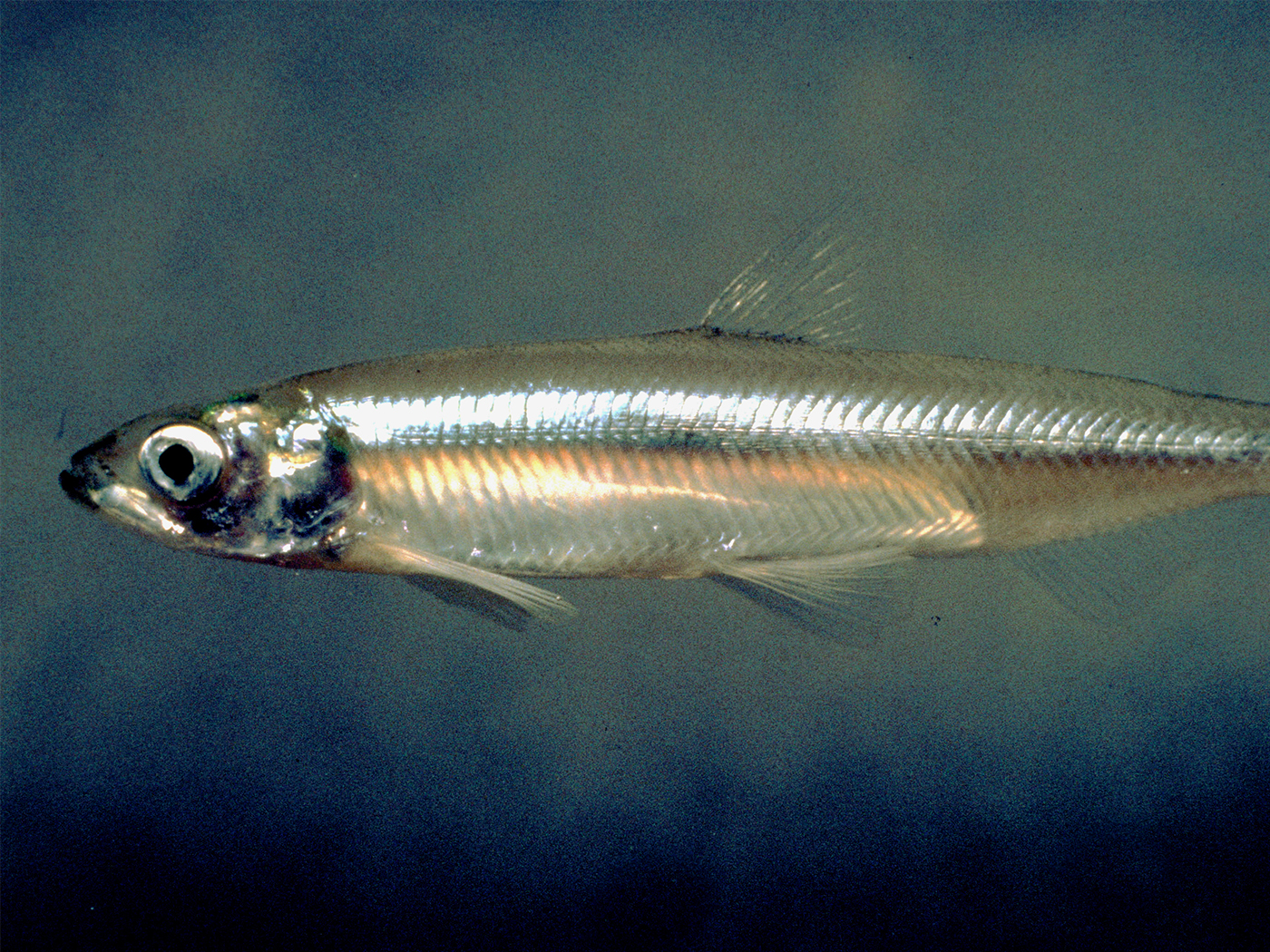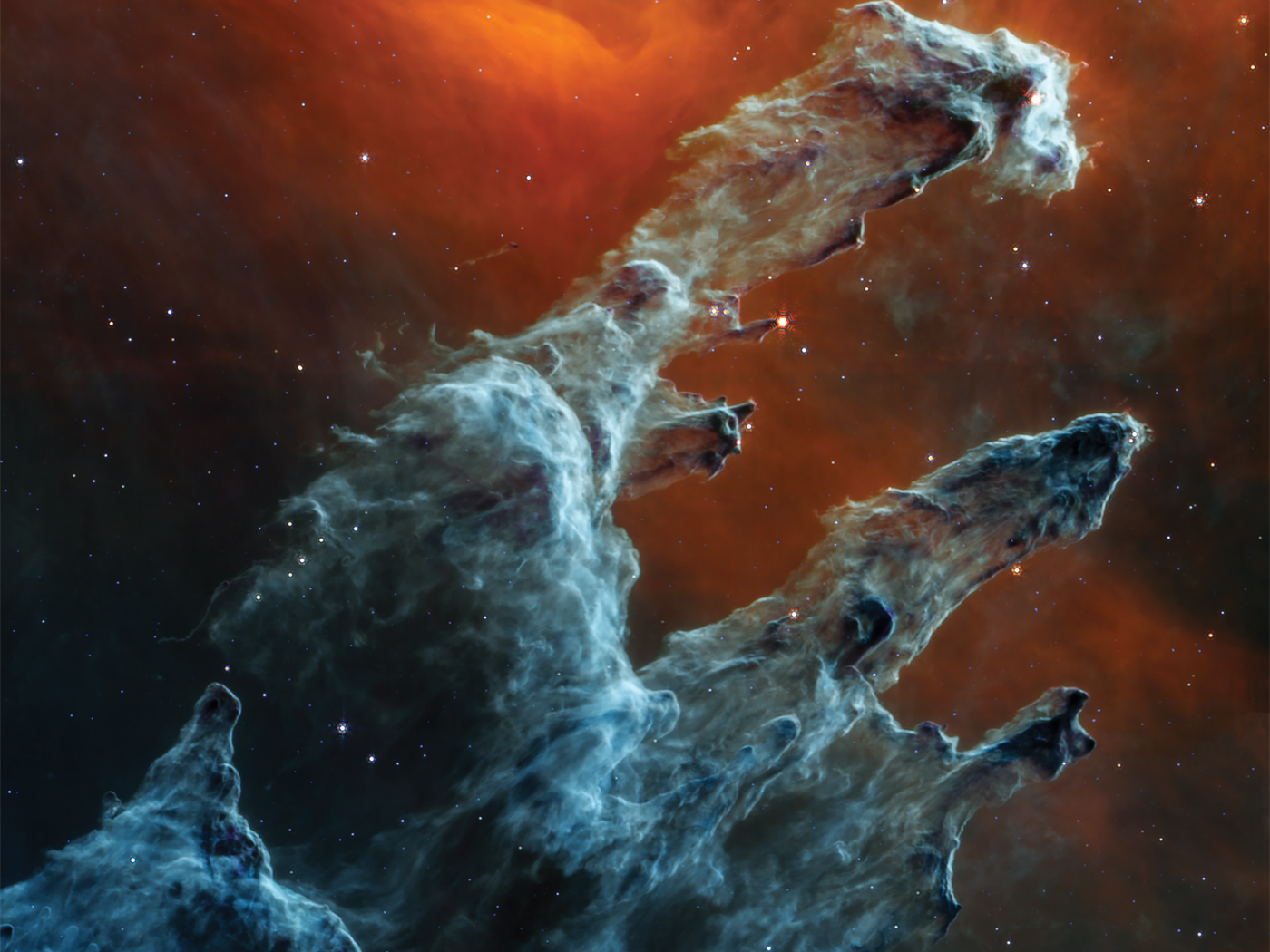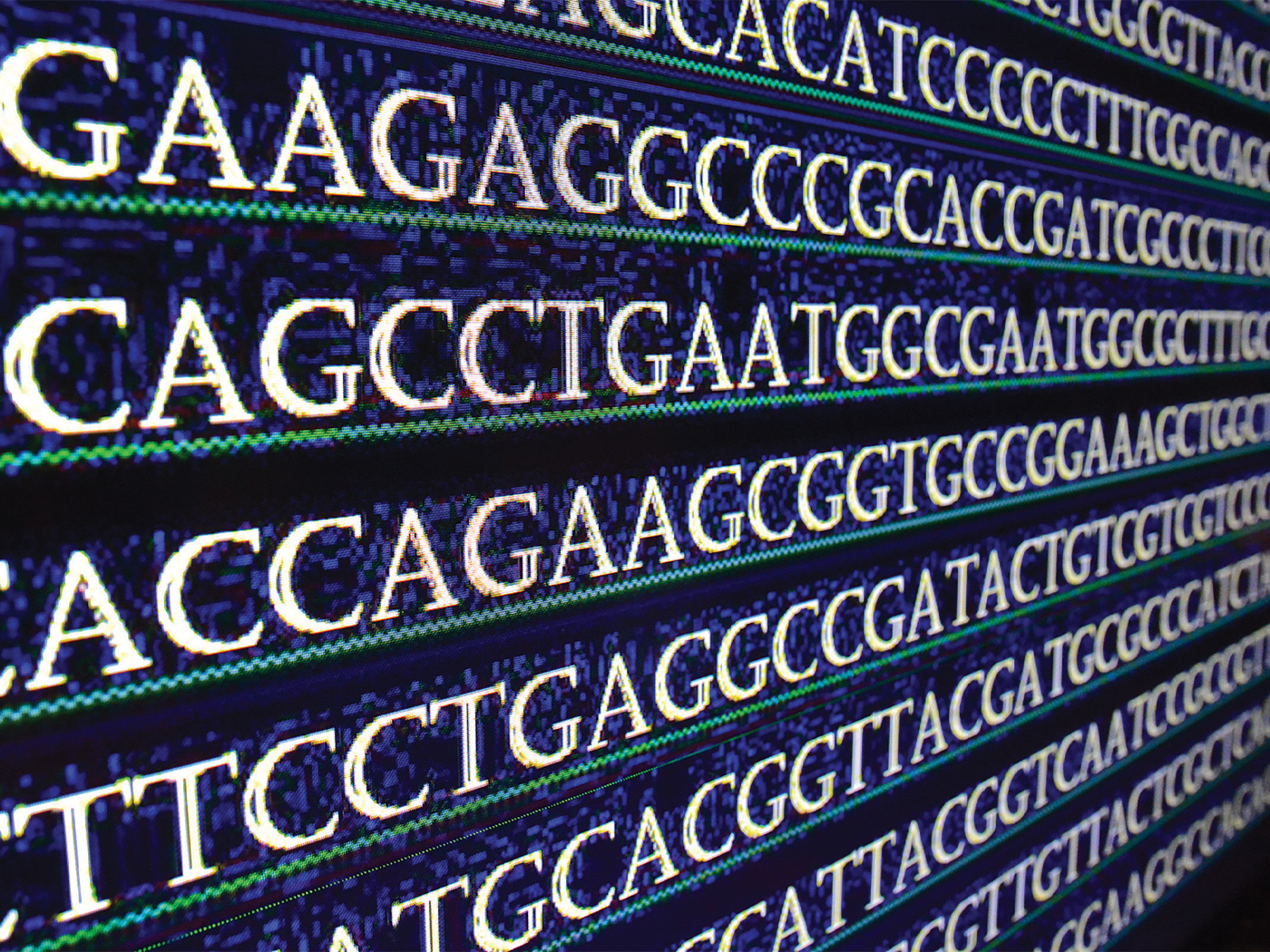ICR research sometimes involves detecting flawed logic in common evolutionary arguments. One such argument claims that something called the “multiverse” removes the need for a Creator. Is this claim valid?
In an attempt to solve serious problems in the original Big Bang model, secular cosmologists invoked something called “inflation”—an enormous hypothetical “growth spurt” in the early universe. Originally, these theorists believed that inflation would have completely ended shortly after the Big Bang. However, they later concluded that different regions of space stopped inflating at different times. This would result in the formation of “bubble” or “pocket” regions that continued to expand at a “normal” non-accelerated rate, while the surrounding space kept inflating at the faster rate. These pockets of space would become, in effect, their own universes, isolated from one another by the enormous surrounding gulfs of still-inflating space.1
Theorists also concluded that inflation would never completely stop. This would result in infinitely many universes in a great multiverse, each having possibly different physical constants and perhaps even different laws of physics.2
Some secularists argue that a multiverse removes the need for a Designer, claiming that with infinitely many universes in existence, it was simply inevitable that some of these universes would have physical laws permitting life to exist. Hence, they claim a Creator is not needed to explain our existence—we exist and live simply because our particular universe allows life to exist.
At first glance, this may sound plausible. Have evolutionists actually found a non-miraculous explanation for our existence?
No, they have not. Their claim is pure speculation; there is no evidence that other universes actually exist at all. But even if they did exist, this argument still falls short of reason.
Proponents argue that ours is one of the universes whose physical laws allow life to exist. However, it is a foregone conclusion that the physical laws in our universe permit life to exist; if they didn’t, we wouldn’t be here!
In order for the evolutionist’s argument to truly remove the need for a Creator, however, these physical laws must do more than simply allow life’s existence—they must also permit spontaneous generation, the non-miraculous development of life from non-life. Because evolutionists argue that living organisms came from non-living chemicals, they must argue that spontaneous generation occurred at least once in the distant past.
This raises an obvious and far more substantive question: Do the physical laws in our universe permit spontaneous generation?
Apparently not. Scientists have never observed spontaneous generation, and there are seemingly insurmountable chemical and physical obstacles to it ever occurring.3,4,5 Whether spontaneous generation could possibly occur in other alleged universes is completely irrelevant to the matter at hand, since secularists are trying to explain (apart from a Creator) the existence, not of life in other universes, but of life in this universe.
Those arguing that a multiverse explains our existence are implicitly claiming that we live in a universe whose laws of physics and chemistry permit spontaneous generation. But there is absolutely no evidence that we live in such a universe! Hence, evolutionists gain absolutely nothing by making this multiverse argument, and they remain in precisely the same wishful position that they were in before making the argument. They assert that spontaneous generation occurred in the distant past, but they have no idea or explanation of how it could have occurred. Here is more evidence that turning one’s back on God often involves turning one’s back on reason itself.
After sinning, Adam and Eve could not successfully hide from the Lord in the Garden of Eden. Nor can secular cosmologists hide from Him among a forest of non-existent universes!
References
- Steinhardt, P. J. 2011. The Inflation Debate. Scientific American. 304 (4): 36-43.
- Folger, T. Science’s Alternative to an Intelligent Creator: The Multiverse Theory. Posted on discovermagazine.com November 10, 2008, accessed May 1, 2013.
- McCombs, C. 2004. Evolution Hopes You Don’t Know Chemistry: The Problem with Chirality. Acts & Facts. 33 (5).
- McCombs, C. 2004. Evolution Hopes You Don’t Know Chemistry: The Problem of Control. Acts & Facts. 33 (8).
- McCombs, C. 2009. Chemistry by Chance: A Formula for Non-Life. Acts & Facts. 38 (2): 30.
* Dr. Hebert is Research Associate at the Institute for Creation Research and received his Ph.D. in physics from the University of Texas at Dallas.
Cite this article: Hebert, J. 2013. Hiding from God in the Multiverse. Acts & Facts. 42 (6): 9.














